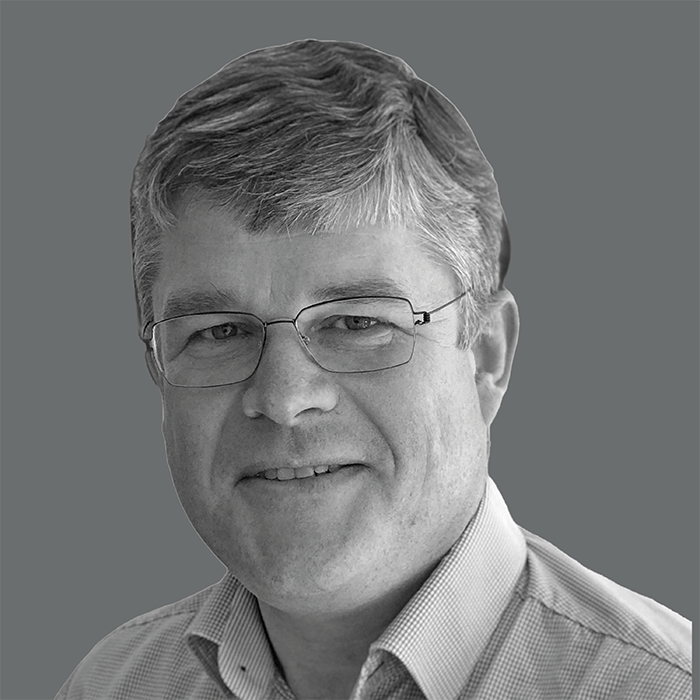Data-driven energy monitoring and optimisation of industrial processes
Kongskilde Industries is participating in a project aimed at reducing CO₂ emissions from the electrification of manufacturing and process industries. This can be done by digitising all links in a company’s value chains, providing the data needed to make evidence-based decisions in production planning. In addition to Kongskilde Industries, the project participants are Northern Europe’s largest foundry group Vald. Birn, IT consultant Fellowmind, Danish University SDU, and software solutions provider Inuatek A/S. The project is led by Energy Cluster Denmark.
The following are excerpts from an article published in the Danish trade journal Maskinbladet.
“We are moving into Industry 4.0, where data from production and processes is crucial, and therefore in the future we must be able to offer our customers data-driven and intelligent solutions for optimising their production and processes, including their energy consumption,”
Steen Hansen, R&D Manager, Kongskilde Industries A/S

Kongskilde Industries launched their first cloud solution for data collection and analysis in autumn 2022. The solution enables both the customer and Kongskilde to continuously monitor production using data collected with sensors from the production processes. “For our customers, it’s about energy consumption, but also about reliability and service and maintenance planning. This requires new types of monitoring systems, and we are developing them,” he continues.
Kongskilde typically supplies systems that use pneumatics to support production where, for example, waste or dust is sucked or blown away. “Our systems usually represent a small part of the total consumption, but it is important that the systems run stably and optimally for reasons of reliability, maintenance and energy consumption,” says Steen Hansen.
The business model is an add-on solution to Kongskilde’s existing systems. “It is up to the customers which components or processes they want monitored. It could be motors, fans or filters. When filters clog, for example, energy consumption, reliability and lifetime are affected,” says Steen Hansen.
The combination of real-time data and frequency converters will also be able to optimise energy consumption so that only the necessary blower runs. This avoids fixed settings that will result in unnecessary energy consumption at times. “With real-time data, it will be possible to reduce the speed of the blowers without a drop in production. The goal is a dynamically adapted supply. Optimally, the processes run fully automatically, avoiding the risk of human error that can affect the process in an inappropriate way. However, fully automated solutions require that the preconditions are set up just right. All important and necessary production and energy parameters must be integrated into the solution. This is what the project will help us learn more about,” concludes Steen Hansen.

